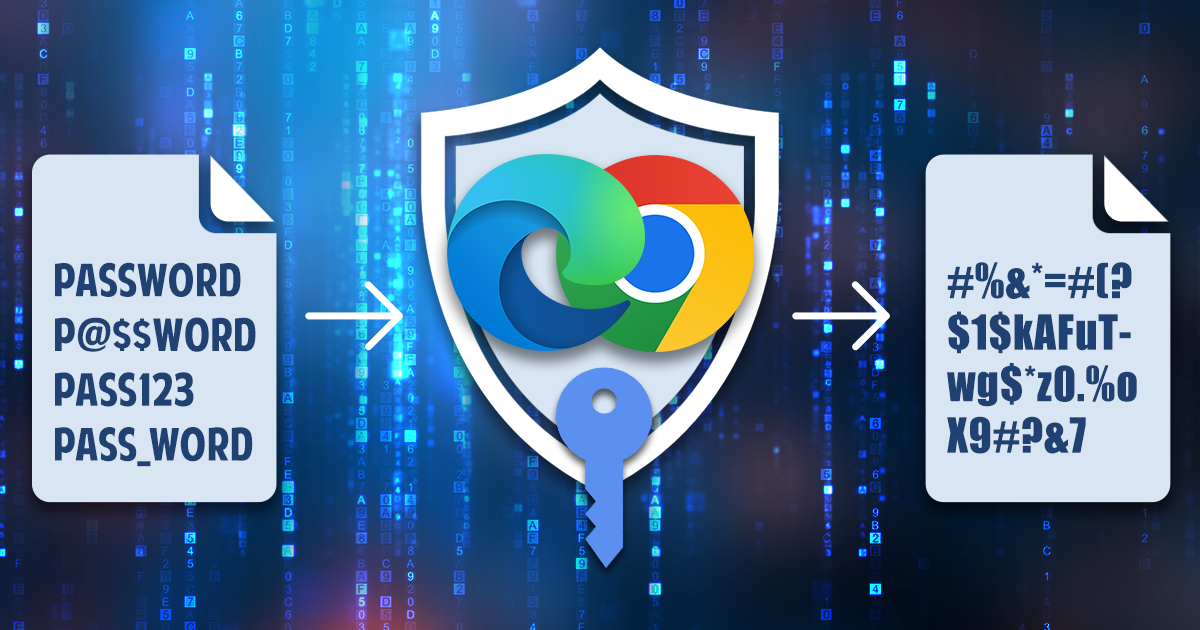Protecting one’s online privacy is becoming increasingly more important. With ISPs selling their customers’ usage data left and right, and various apps, mail and Web trackers contributing to the pool of “anonymized” data, de-anonimyzation becomes possible with big data analysis. This was clearly demonstrated with the recent event highlighted in Catholic priest quits after “anonymized” data revealed alleged use of Grindr.
In today’s world of everyone wanting a slice of one’s personal information, users become more and more concerned about the privacy. The WhatsApp/Facebook integration raised an additional concern, considering that Facebook-owned Messenger requests the largest number of invasive permissions among all commonly used messengers. Data privacy and security concerns are mounting like a snowball. 2020 brought multiple data breach incidents from popular blogging resources from LiveJournal whose users’ data was breached and leaked to the darknet to financial institutions like Postbank with 12M exposed credit cards, hospitality giants as Mariott with 383 million records compromised or even Microsoft customers who also suffered from privacy-related issues.
Apple has long provided its users the tools to control how apps and Web sites use their personal data. The release of iOS 14 brought a number of new privacy features, while iOS 14.3 adds an important extra. At the same time, one of the most interesting privacy features is facing tough opposition from a group of digital advertising associations, making Apple postpone its implementation.
In the city of Bozeman (the US) it is…pardon, was “acceptable” to require user credentials to your personal mailboxes and other social networking accounts, when applying for a job. What for? For “a thorough background check”. (more…)


